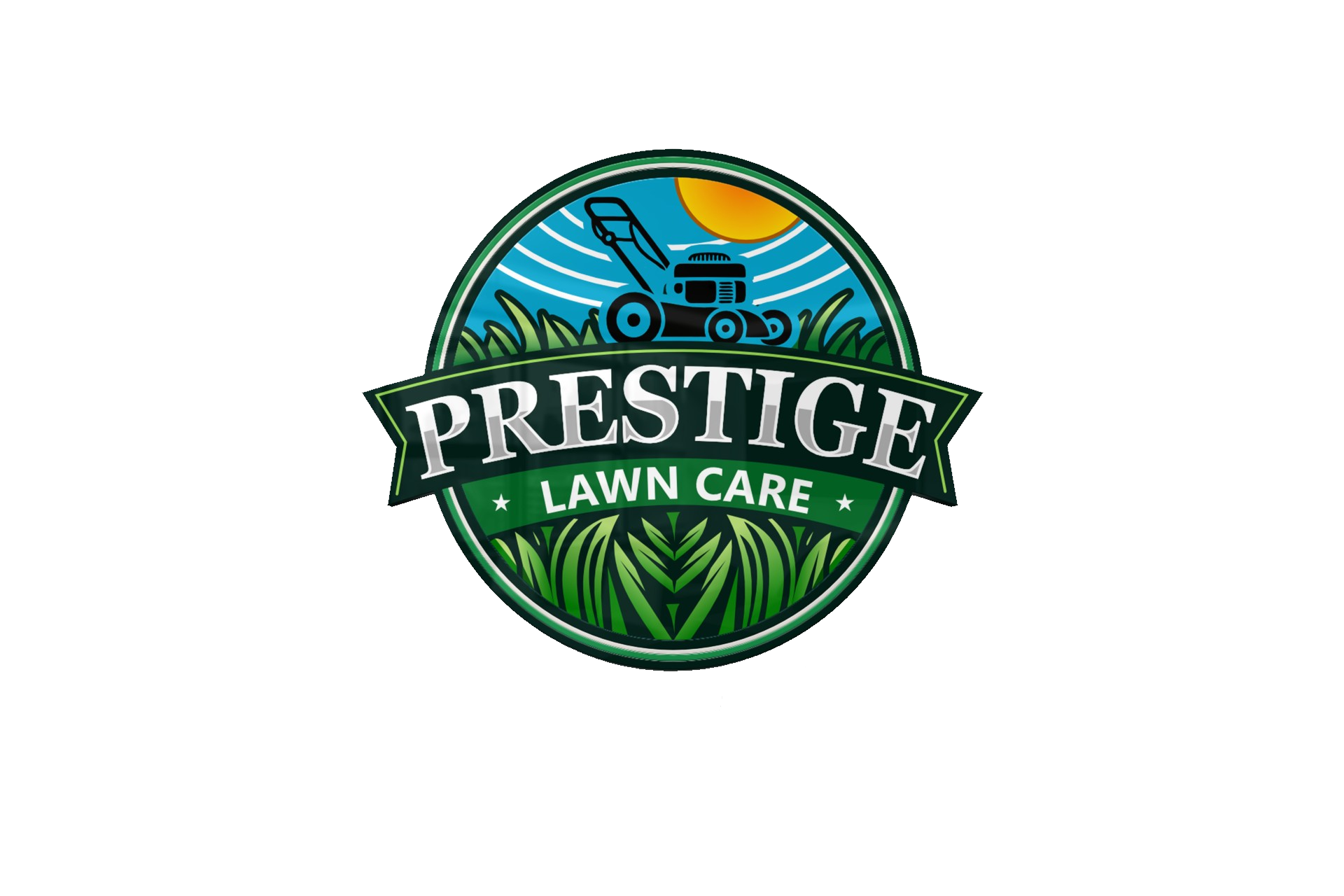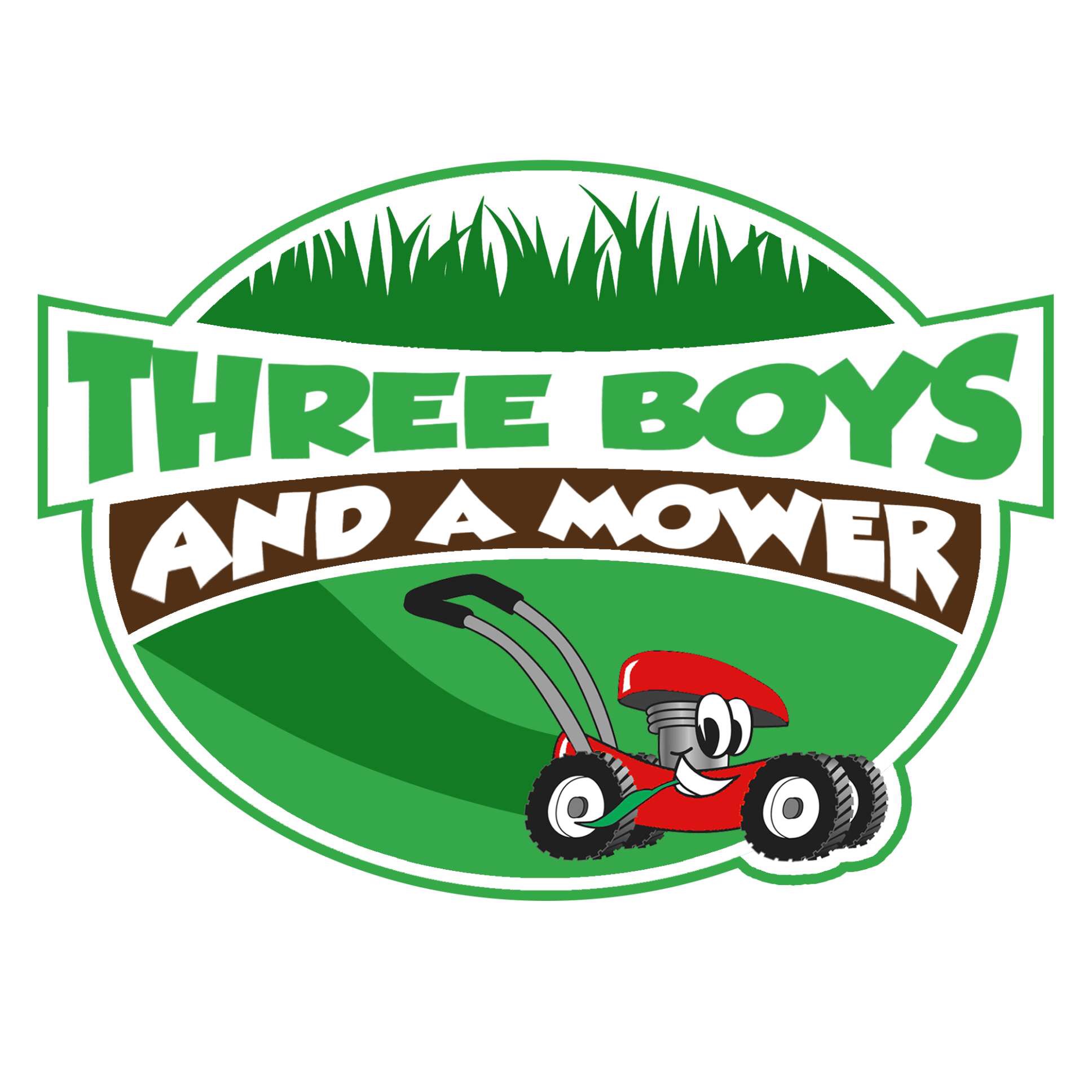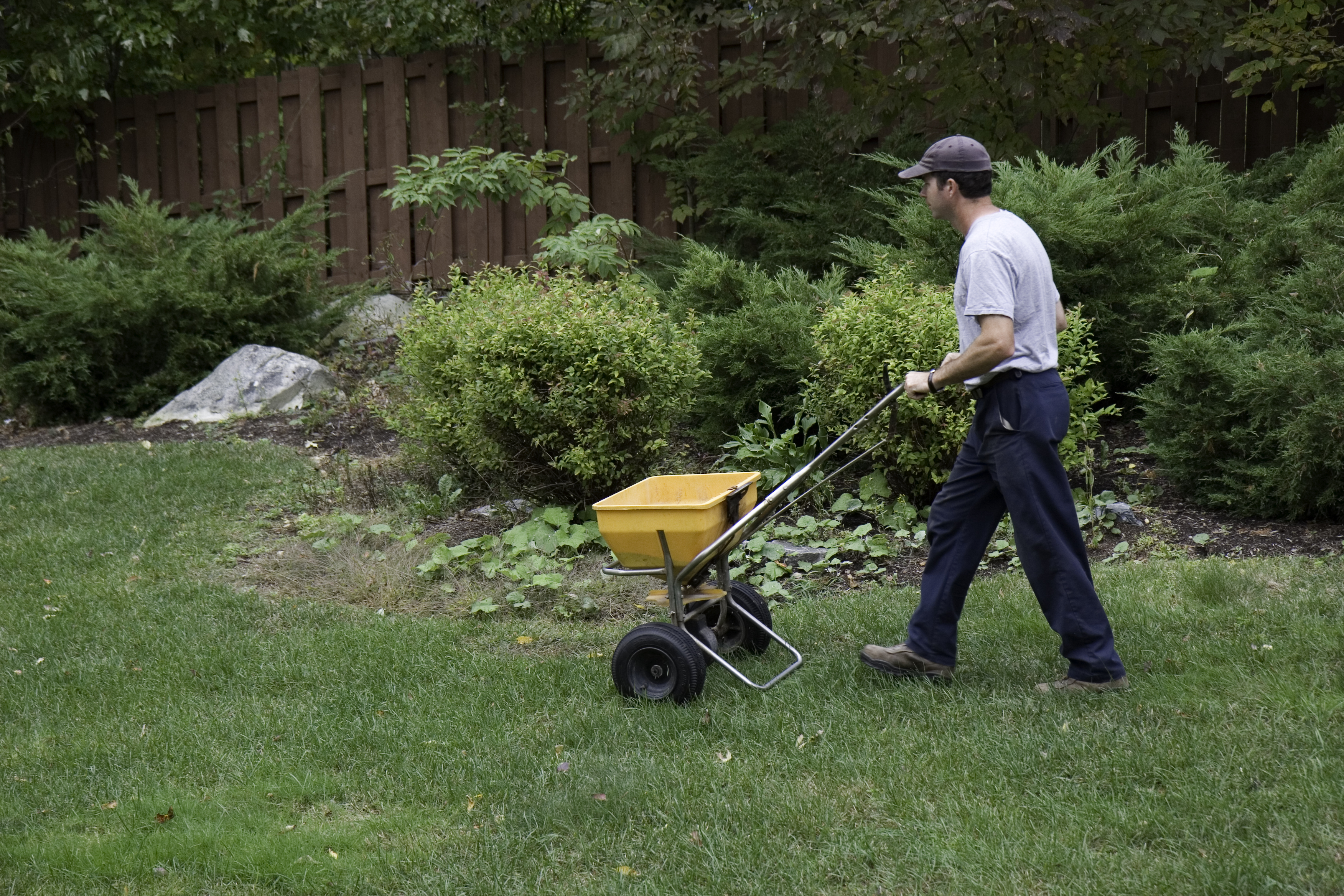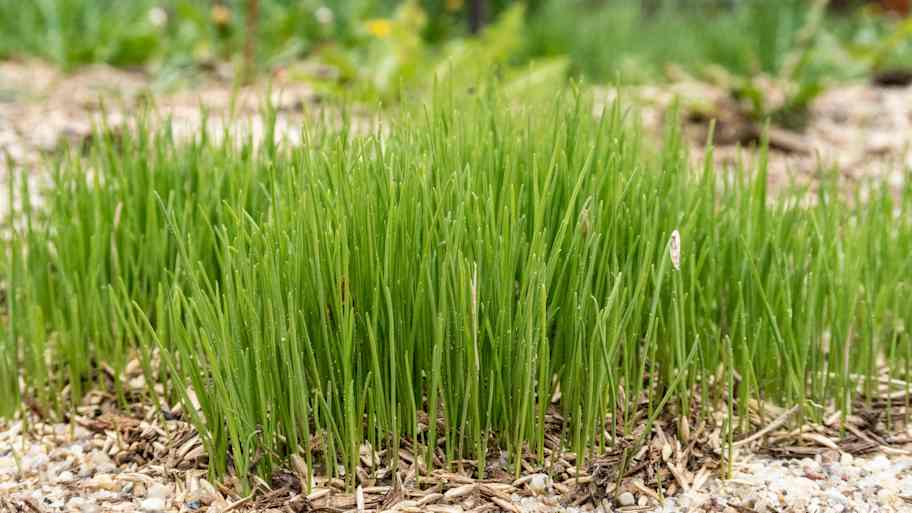
Get matched with top lawn fertilization and treatment specialists in Sedgwick, KS
Enter your ZIP and get matched with up to 5 pros
Need a pro for your lawn fertilization and treatment project in Sedgwick, KS?
TRUSTED BY SEDGWICK, KS HOMEOWNERS
4.2
Average homeowner rating13
Verified lawn fertilization and treatments reviews
Find Lawn fertilization and treatment specialists in Sedgwick

Prestige Lawn Care
Prestige Lawn Care
Lawn care business locally owned and operated we feel invested in our clients and constantly strive for customer satisfaction. Call or message us to schedule an estimate today!
"Great work"
DEAN S on May 2025
Lawn care business locally owned and operated we feel invested in our clients and constantly strive for customer satisfaction. Call or message us to schedule an estimate today!
"Great work"
DEAN S on May 2025

Mainual Labor General Services
Mainual Labor General Services
Tree removal lawn care hauling gutter cleaning property maintenance house cleanouts firewood delivery lawnmowing property upkeep debris removal after storm clean up snow removal
Tree removal lawn care hauling gutter cleaning property maintenance house cleanouts firewood delivery lawnmowing property upkeep debris removal after storm clean up snow removal
Dick's handy services
Dick's handy services
All around handyman, remodeling, demo, cleaning, hauling, trashouts, storm/fire/mold repair, farm and ranch work, lawn and garden, appliance/electronic/smart home installation, metal buildings ect. Whatever your needs inside or out Look no further Dick's got your back. I've worked with mennonites all my life pretty well connected honest and reliable.
All around handyman, remodeling, demo, cleaning, hauling, trashouts, storm/fire/mold repair, farm and ranch work, lawn and garden, appliance/electronic/smart home installation, metal buildings ect. Whatever your needs inside or out Look no further Dick's got your back. I've worked with mennonites all my life pretty well connected honest and reliable.
Reddi Industries
Reddi Industries
Wichita's home and business service company for more than 50 years. 24/7 Service. Free estimates. No overtime fees. Plumbing, heating and cooling, electrical, garage doors, fencing, sprinklers, lawn care, appliance repair.
Wichita's home and business service company for more than 50 years. 24/7 Service. Free estimates. No overtime fees. Plumbing, heating and cooling, electrical, garage doors, fencing, sprinklers, lawn care, appliance repair.

Three Boys and a Mower
Three Boys and a Mower
Three Boys and a Mower can meet all your landscaping and yard work needs. We offer an impeccable service at an extremely affordable rate. We are Three hard working high school boys who will give all of our customers our undivided attention when it comes providing them with a great service.
Three Boys and a Mower can meet all your landscaping and yard work needs. We offer an impeccable service at an extremely affordable rate. We are Three hard working high school boys who will give all of our customers our undivided attention when it comes providing them with a great service.
The Grounds Guys of East Wichita
The Grounds Guys of East Wichita
Lawn work in East Witchita
"These guys did a great job. Took care of all the over-growth and left it in good enough shape my dad can now take care of it himself. I was not there myself, but my dad was very pleased."
Janet C on August 2019
Lawn work in East Witchita
"These guys did a great job. Took care of all the over-growth and left it in good enough shape my dad can now take care of it himself. I was not there myself, but my dad was very pleased."
Janet C on August 2019
Klean Kut Inc.
Klean Kut Inc.
Klean Kut Inc. Offers full service property maintenance specializing in apartment care.
"A+ every time!"
Lonnie W on April 2018
Klean Kut Inc. Offers full service property maintenance specializing in apartment care.
"A+ every time!"
Lonnie W on April 2018
Ameri-Pride Painting & Restoration
Ameri-Pride Painting & Restoration
we have 100 YEARS OF EXPERIENCE IN ALL AREAS residential and commercial
we have 100 YEARS OF EXPERIENCE IN ALL AREAS residential and commercial
The Sedgwick, KS homeowners’ guide to lawn fertilization and treatments
From average costs to expert advice, get all the answers you need to get your job done.
 •
•Discover average lawn aeration cost, key price factors, and tips to save. Get a clear estimate for your yard and learn how to choose between DIY and hiring a pro.
 •
•Get transparent power seeding cost info to learn what impacts pricing, how to save, and whether to DIY or hire a pro for your lawn’s best results.
 •
•Discover average hydroseeding cost, key price factors, and ways to save. Get transparent estimates for your lawn project and make informed decisions for your home.

When it comes to drop spreaders versus broadcast spreaders, knowing the differences between them will help you make the right choice for your outdoor setup.

Ready to give your yard a fresh start? With these tips for grass seed planting, your lush lawn dreams are one step closer to becoming a reality.

Grass seeds thrive in soil rich in nutrients, but a potting mix will not support your grass’ long-term health. Find out which type of soil is best for grass.
- Bentley, KS Lawn fertilization and treatment specialists
- Valley Center, KS Lawn fertilization and treatment specialists
- Halstead, KS Lawn fertilization and treatment specialists
- Maize, KS Lawn fertilization and treatment specialists
- Colwich, KS Lawn fertilization and treatment specialists
- Park City, KS Lawn fertilization and treatment specialists
- Burrton, KS Lawn fertilization and treatment specialists
- Kechi, KS Lawn fertilization and treatment specialists
- Mount Hope, KS Lawn fertilization and treatment specialists
- Andale, KS Lawn fertilization and treatment specialists
- Bel Aire, KS Lawn fertilization and treatment specialists
- Newton, KS Lawn fertilization and treatment specialists
- Wichita, KS Lawn fertilization and treatment specialists
- Whitewater, KS Lawn fertilization and treatment specialists
- Hesston, KS Lawn fertilization and treatment specialists
- Eastborough, KS Lawn fertilization and treatment specialists
- North Newton, KS Lawn fertilization and treatment specialists
- Goddard, KS Lawn fertilization and treatment specialists
- Haven, KS Lawn fertilization and treatment specialists
- Benton, KS Lawn fertilization and treatment specialists
- Garden Plain, KS Lawn fertilization and treatment specialists
- Oaklawn Sunview, KS Lawn fertilization and treatment specialists
- Andover, KS Lawn fertilization and treatment specialists
- Moundridge, KS Lawn fertilization and treatment specialists
- Haysville, KS Lawn fertilization and treatment specialists
- Clearwater, KS Lawn fertilization and treatment specialists
- Towanda, KS Lawn fertilization and treatment specialists
- Buhler, KS Lawn fertilization and treatment specialists
- Derby, KS Lawn fertilization and treatment specialists
- Cheney, KS Lawn fertilization and treatment specialists
- Roofing in Sedgwick
- Foundation Repair in Sedgwick
- Swimming Pools in Sedgwick
- Flooring in Sedgwick
- Plumbing in Sedgwick
- Mailbox Repair in Sedgwick
- Deck Maintenance in Sedgwick
- Lawn And Yard Work in Sedgwick
- Siding in Sedgwick
- Insulation in Sedgwick
- Plaster Plaster Repair in Sedgwick
- Tree Service in Sedgwick
- Landscaping in Sedgwick
- Mulch And Topsoil in Sedgwick
- Septic Tank in Sedgwick
- Kitchen And Bath Remodeling in Sedgwick
- Lawn Mower Repair in Sedgwick
- Gas Grill Repair in Sedgwick
- Exterior Painting in Sedgwick
- Moving in Sedgwick
- Landscaping Hardscaping And Pavers in Sedgwick
- Windows in Sedgwick
- Concrete Repair in Sedgwick
- Countertops in Sedgwick
- Gas Leak Repair in Sedgwick
- Remodeling Basements in Sedgwick
- Garage Doors in Sedgwick
- Painting in Sedgwick
- Plumbing in Sedgwick
- Roofing in Sedgwick
- 🌱 "Mow a small front yard"
- 🛠 "Fix a leaking pipe under the sink"
- 🏠 "Repair shingles on an asphalt roof"